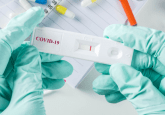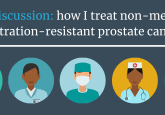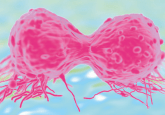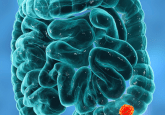Do children conceived by assisted reproductive technology have an increased cancer risk?
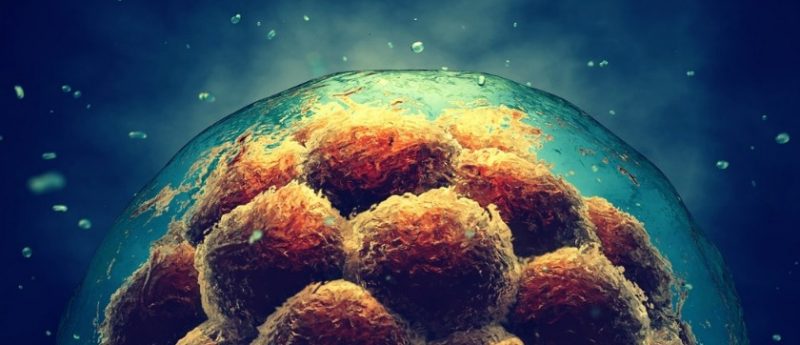
Researchers from The Netherlands Cancer Institute (Amsterdam, Netherlands) have analyzed data from a large, nationwide study of subfertile women who were treated in one of 12 Dutch fertility clinics between 1980–2001 and demonstrated that children born after assisted reproductive technology (ART) do not appear to be at greater risk of developing cancer than other children.
The study included 47,690 children with 24,269 conceived by ART, 13,761 conceived naturally and 9,660 naturally conceived or with the help of fertility drugs, but not by ART.
Flora van Leeuwen (The Netherlands Cancer Institute) commented: “This study, with a median follow-up of 21 years, is especially important because it includes a comparison group of naturally conceived children born to subfertile women; these women are different from the general population and it is possible that difficulty in conceiving could be a factor that influences the risk of cancer in their offspring.”
Additional data was collected on the offspring and the information was linked to data on the incidence of cancer from The Netherlands Cancer Registry between January 1989 and November 2016. In total, 231 cases of cancer occurred among all the offspring, with 31 cases of lymphoblastic leukemia and 26 cases of melanoma.
Mandy Spaan (The Netherlands Cancer Institute) explained: “After adjusting for factors that could confound the results such as age and the parental cause of subfertility, the overall long-term risk for cancer was neither increased in the ART-conceived children compared with naturally conceived children from subfertile women, nor when compared with the general population.
Spaan continued: “However, cancer risk was somewhat increased, although not statistically significantly so, in children conceived after intracytoplasmic sperm injection (ICSI) or from embryos that had been frozen before being thawed and used for fertility treatment.”
“These are two types of fertility treatments that are used more often nowadays. We also found a slightly increased, statistically insignificant risk of lymphoblastic leukemia and melanoma. As the numbers of cancers in these groups were small, these findings may be due to chance and must be interpreted with caution.”
“These results provide reassuring evidence that children conceived as a result of fertility treatments do not have an increased risk of cancer after a median follow-up of 21 years. They will enable physicians to better inform couples considering fertility treatment about its long-term safety for their children,” van Leeuwen concluded.
She continued: “However, as ever more children are born through ICSI and cryopreservation of embryos, the long-term cancer risk should be investigated in larger numbers of children born as a result of these techniques.”
“We are currently expanding our study to include more than 30,000 ART-conceived children born in more recent years. It will include children born after ICSI and/or embryo cryopreservation of the embryo. We hope this will provide more evidence about the possible long-term risk of cancer for these children.”
Sources: Reigstad M, Larsen I, Myklebust T el al. Risk of cancer in children conceived by assisted reproductive technology Pediatrics doi:10.1542/peds.2015-2061 (2019)(Epub ahead of print); www.eurekalert.org/pub_releases/2019-02/esoh-noi013119.php
Related content:
Could cancer patients in Europe be missing out on options to preserve their fertility?

